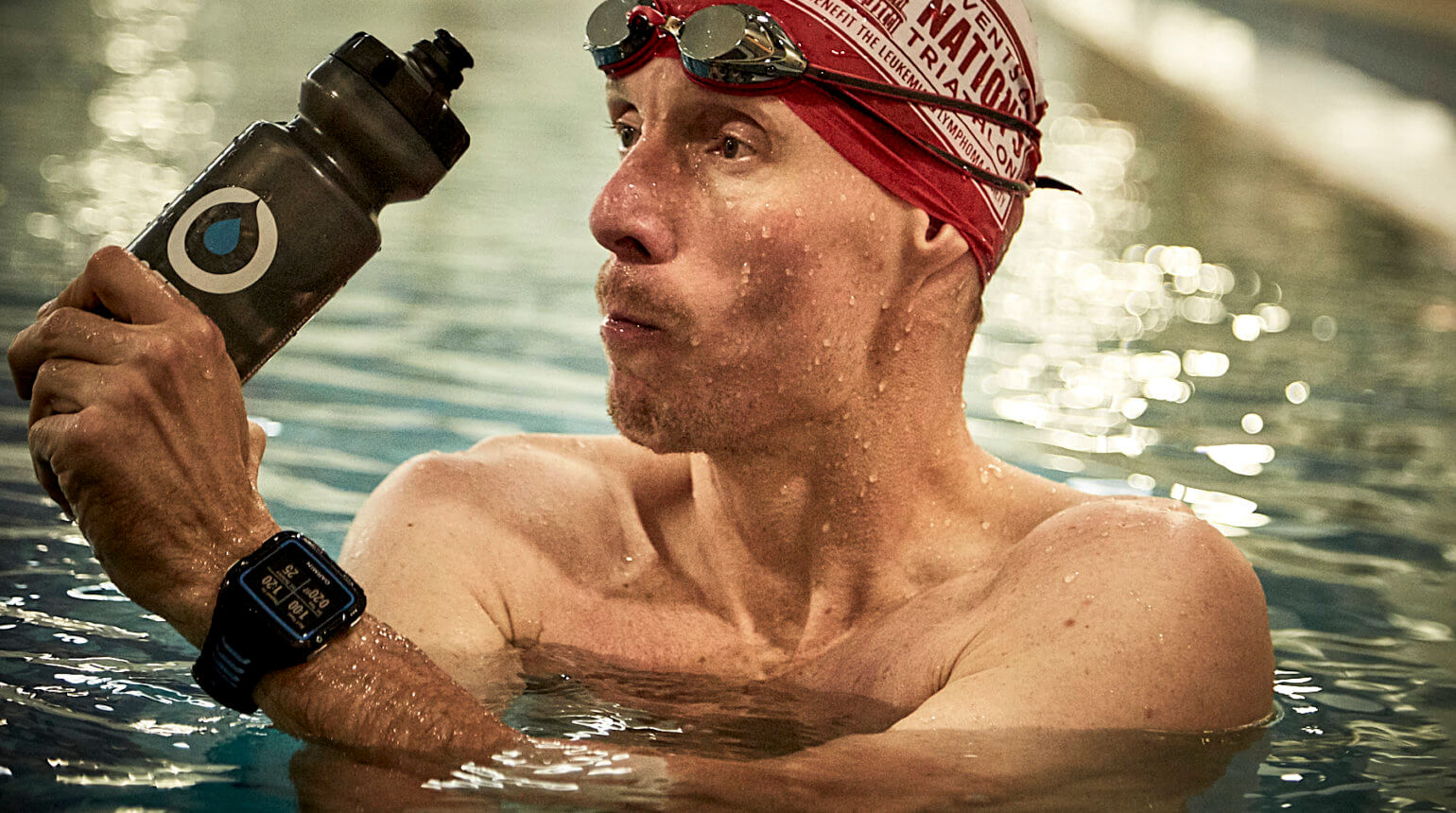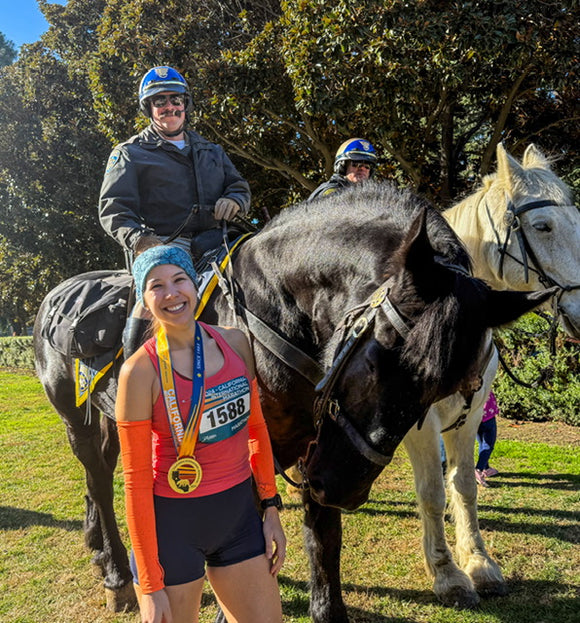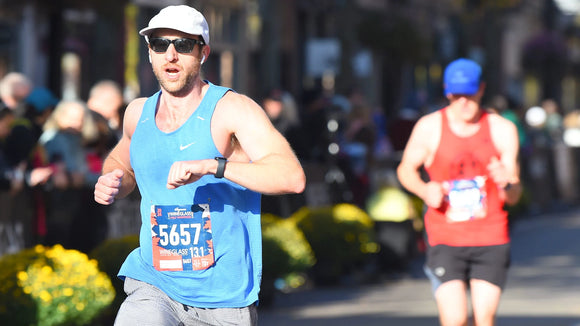Do you know how much water the average human needs? Are you getting enough? How does one tell? Take the quiz below and find out!
1. Water makes up how much of the human body’s weight?
a) About one-quarter
b) About one-third
c) About half
d) More than half
2. Scientific evidence shows that adults should always drink eight glasses of water each day.
a) True
b) False
3. Which of these is never a symptom of dehydration?
a) Dizziness
b) Fatigue
c) Headache
d) Confusion
e) Dry mouth
f) Low blood pressure
g) High blood pressure
h) Muscle cramps
i) These can all be symptoms of dehydration
4. Any drink that contains caffeine will have a dehydrating effect.
a) True
b) False
5. You can never drink too much water.
a) True
b) False
6. Many solid foods, especially fruits and vegetables, provide water. On average, what portion of our daily water intake comes from food?
a) 50%
b) 40%
c) 30%
d) 20%
e) 10%
7. The best way to tell if you’re dehydrated is by:
a) Thirst
b) A dry mouth
c) The color of your urine
8. Which of these has the highest water content?
a) Cantaloupe
b) Watermelon
c) Tomatoes
d) Radishes
e) Cucumber
f) Grapefruit
Answers
1. d) By weight, water makes up about 60 percent of the human body .
2. b) There’s no hard evidence that we need eight (8 oz.) glasses of water daily, but most people need approximately this amount of fluid of all types, including water. Illness; exercise; hot, humid, or dry weather; being pregnant or breastfeeding; and high altitudes can all increase the need for fluids.
3. i) All can be symptoms of dehydration, although not every one of these is always a sign of dehydration.
4. b) Caffeinated drinks can help you stay hydrated, but it’s best to limit daily caffeine to 200–300 mg, or 2–4 (8 oz.) cups of coffee.
5. b) In extreme, rare cases, drinking enormous amounts of water can dilute sodium levels to dangerously low levels. Known as hyponatremia, the condition is most likely to affect endurance athletes such as marathon runners. It can also be triggered by medications or medical conditions. Sports drinks with sodium can help prevent the problem among athletes.
6. d) About 20 percent of our daily water comes from food.
7. c) Dehydration can occur without thirst or a dry mouth. Urine color is a more reliable indicator: colorless or light yellow indicates good hydration, whereas darker urine is a sign of dehydration.
8. e) All of these fruits and vegetables are made up of more than 90 percent water, but cucumber contains the most.
Written by vera-tweed for Better Nutrition and legally licensed through the Matcha publisher network. Please direct all licensing questions to legal@getmatcha.com.
Find similar articles
Hydration


